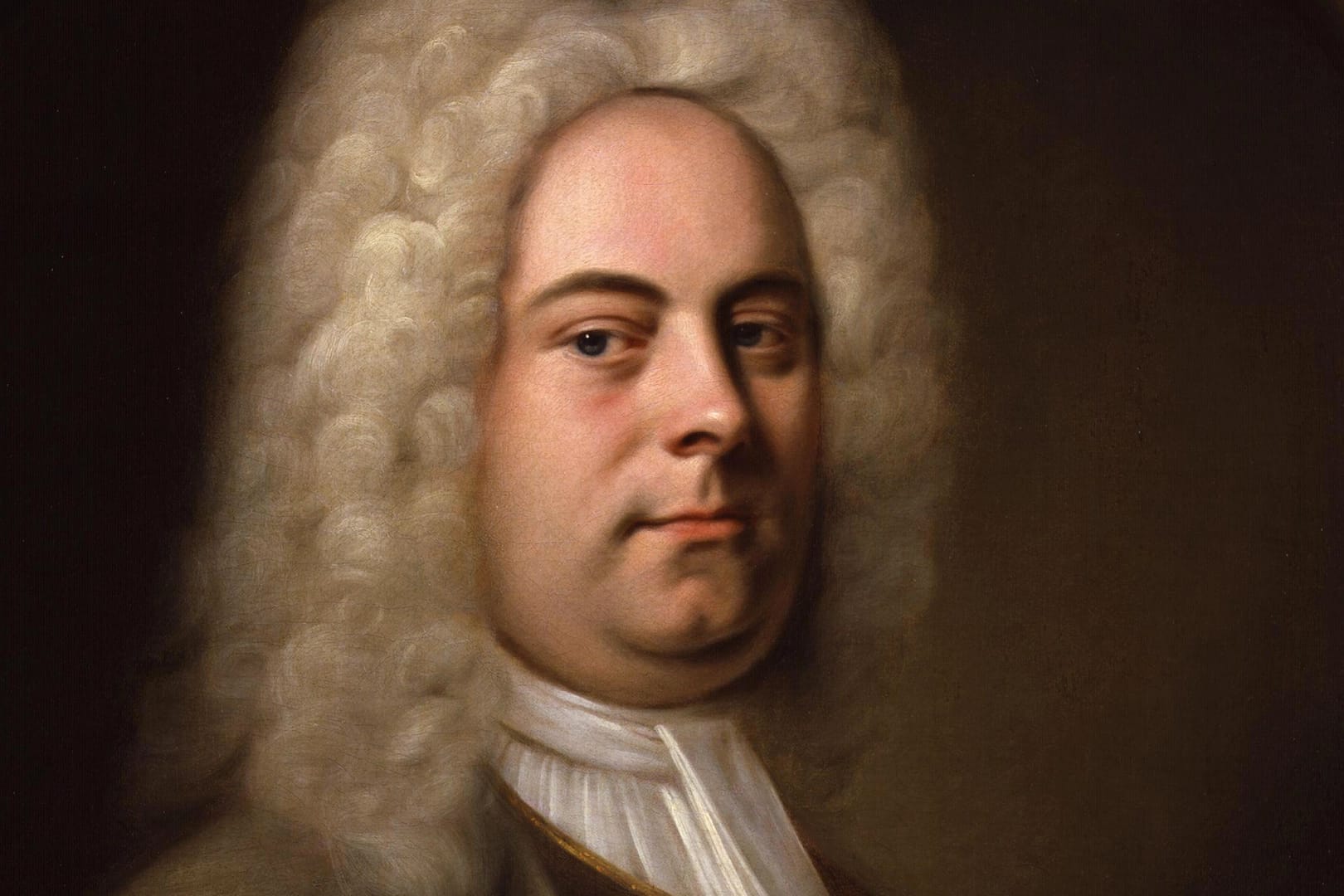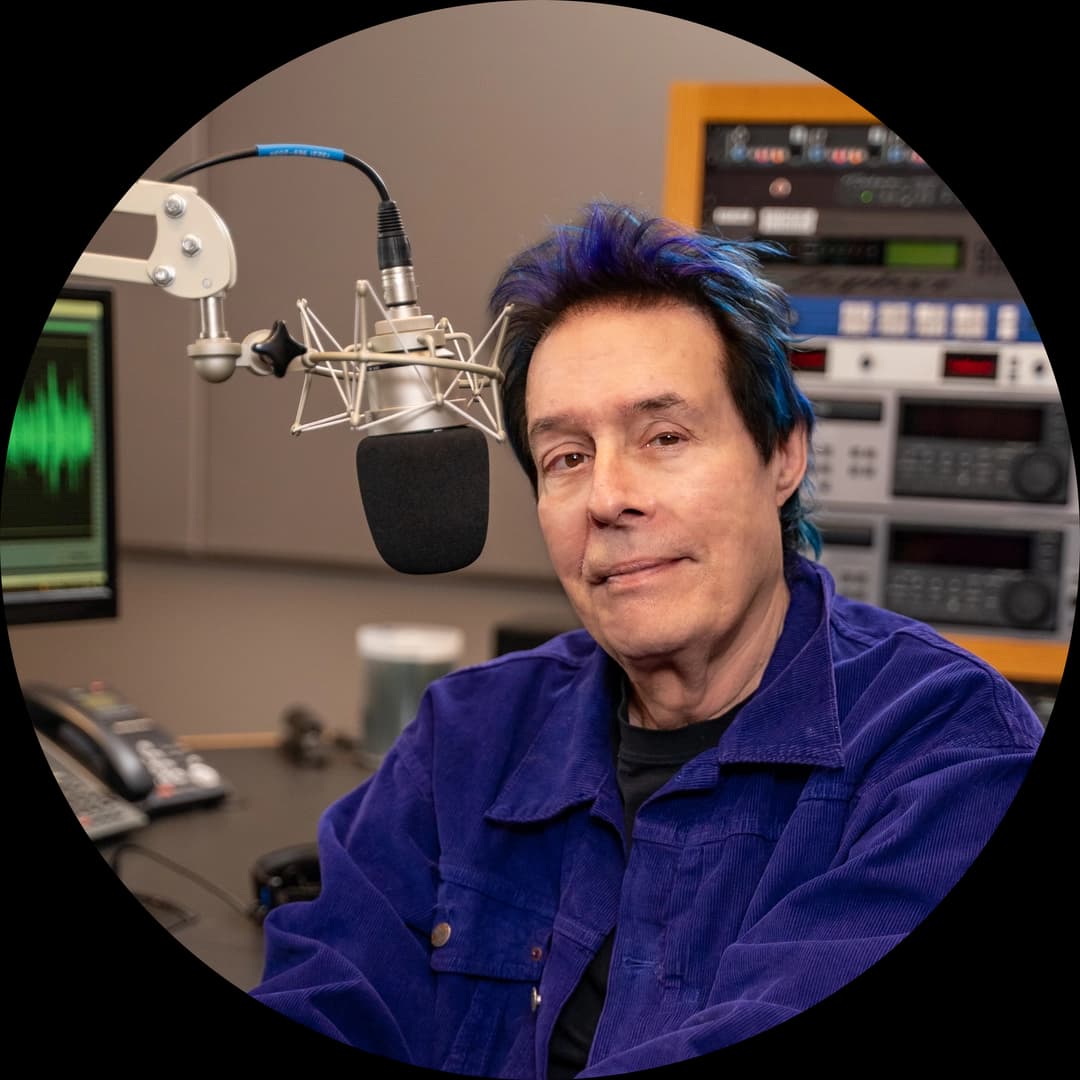
articles / Chapman Challenge
Chapman Challenge: The Story Behind Handel’s “Messiah”

Classical California’s Alan Chapman has a lot to say about music, but can he say it in 60 seconds? That’s the Chapman Challenge. We ask a question and Alan has a minute to answer it.
Laura in Costa Mesa writes, “It’s the big season for Handel’s Messiah. What can you tell me about Handel’s oratorios in sixty seconds?”
First I can tell you that Handel encountered oratorios during his four years in Italy. Italian oratorios usually had an Old Testament story which was set to music in the operatic style, with recitatives and arias. While he was in Italy, Handel composed an oratorio, but on a New Testament subject, the Resurrection.
When Handel got to England, he wrote a work based on the biblical story of Esther. It was different from the Italian oratorios because it included choruses. And this work, from 1718, would be the first English oratorio.
By the 1730s, Handel’s oratorios had become quite profitable and that was very fortunate for him. The vogue for Italian operas in London had diminished and throughout the decade Handel used his oratorio income to subsidize his opera losses.
Finally, in 1741, Handel decided to call it quits as far as Italian opera was concerned. And it was in the summer of that same year that Handel was presented with a new libretto for an oratorio called Messiah.






